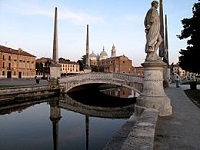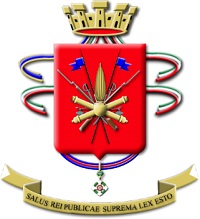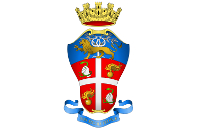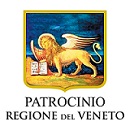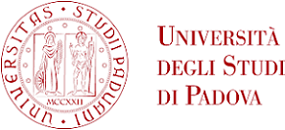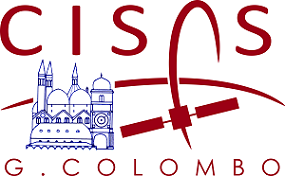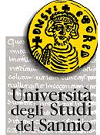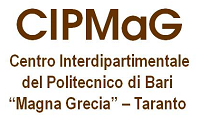 Padua
Padua 
"For the great desire I had to see | fair Padua, nursery of arts, I am arrived… | and am to Padua come, as he that leaves | a shallow plash to plunge in the deep, and | with satiety seeks to quench his thirst." William Shakespeare

Padua is a city and comune in Veneto, northern Italy. It is the capital of the province of Padua and the economic and communications hub of the area. The city is picturesque, with a dense network of arcaded streets opening into large communal piazze, and many bridges crossing the various branches of the Bacchiglione, which once surrounded the ancient walls like a moat.Padua is one of the most charming and dynamic cities in Italy. The city centre boasts a wealth of fine medieval, renaissance and modern architecture; here a fascinating mix of historic and new, of centuries-old traditions combined with metropolitan rhythms creates a unique atmosphere.The medieval palaces, churches and cobbled streets emanate a sense of history and culture, the shops, markets and locals, a sparkling vitality and vibrant modern life.
The historic centre of Padua is dominated by the imposing Palazzo della Ragione, which was built in the year 1218 to host the court of justice on the upper floor, and various shops on the ground floor. The three squares surrounding the palace - Piazza delle Erbe, Piazza della Frutta and Piazza dei Signori - are the site of Padua's daily market, which has been taking place here for more than 800 years. The squares are lined by bars, restaurants, shops and historical buildings. Near there are Palazzo Bo, the historical seat of Padua University, and the Caffè Pedrocchi, one of the most famous historical cafès in Italy and prestigious venue for cultural events. Another great monumental area is around St. Anthony's Basilica, locally simply called Il Santo, which holds the mortal remains of Saint Anthony. A short distance away you can visit the University Botanical Garden, one of oldest in the world and the Prato della Valle, one of the largest town squares in Europe.

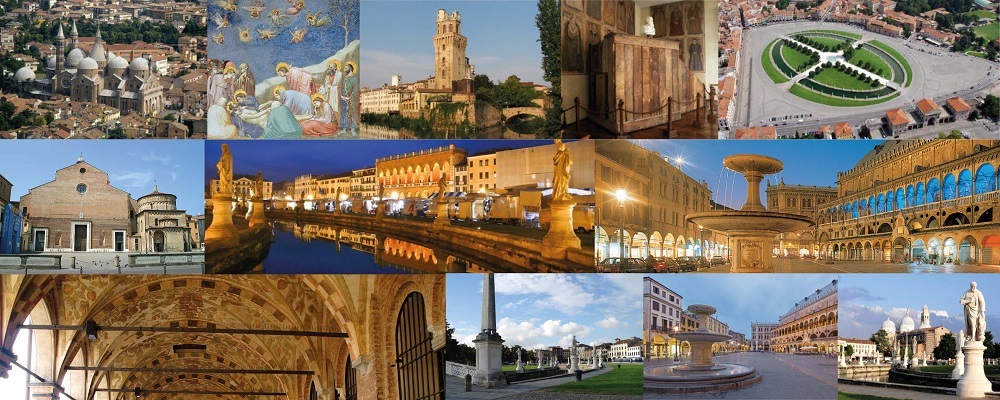
 PROMOTED BY
PROMOTED BY



